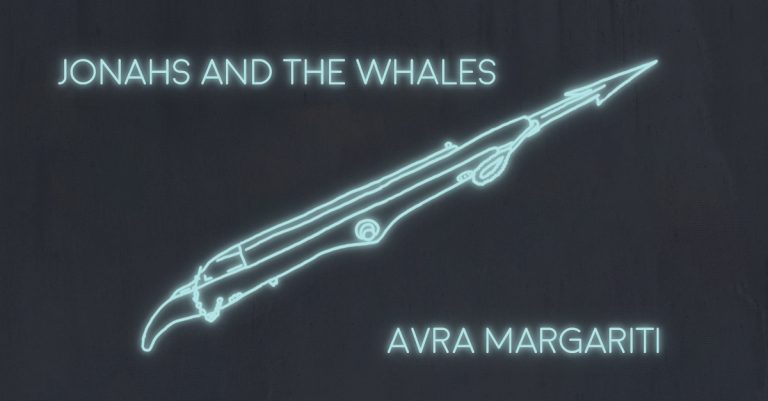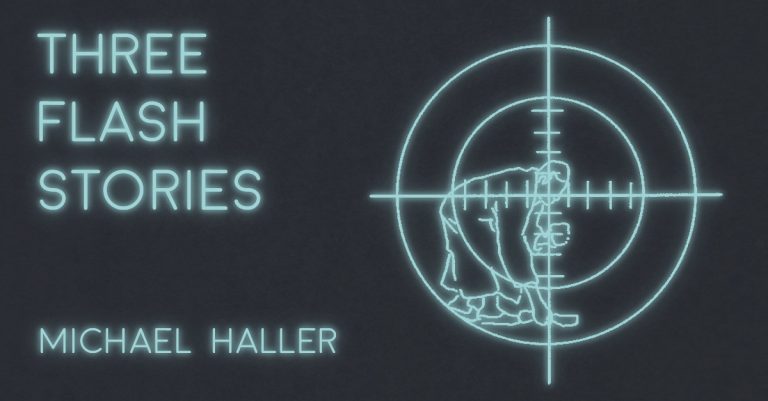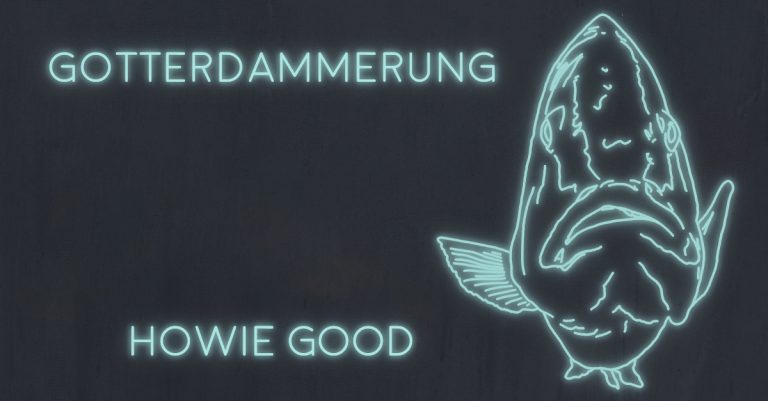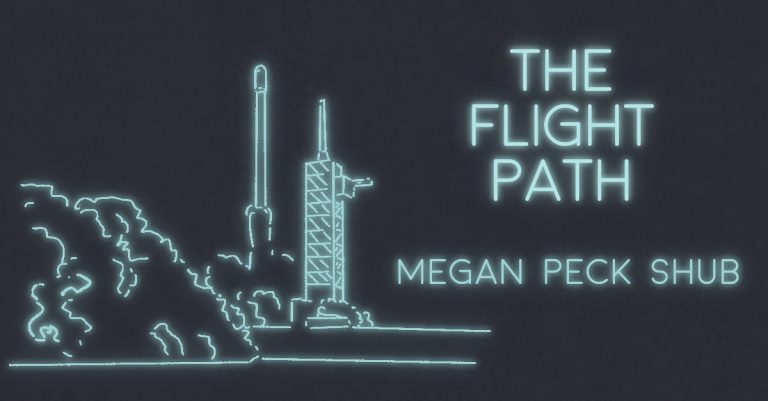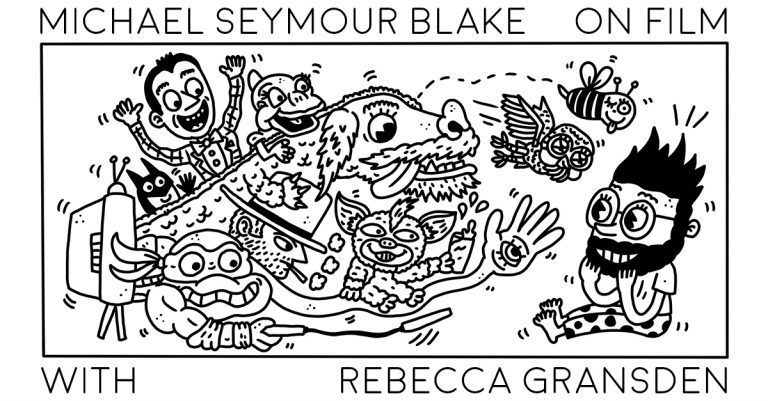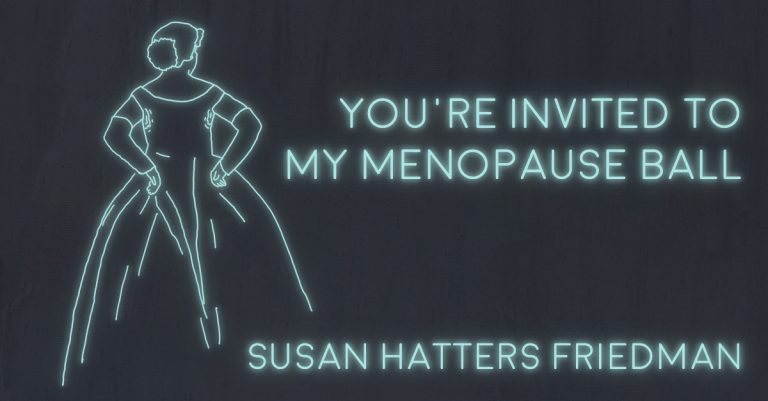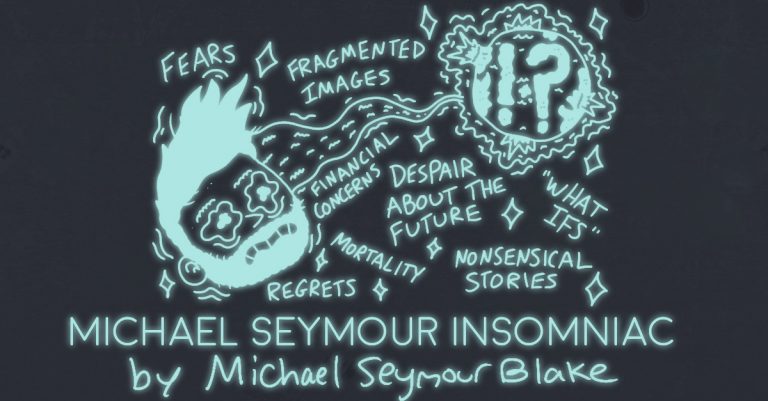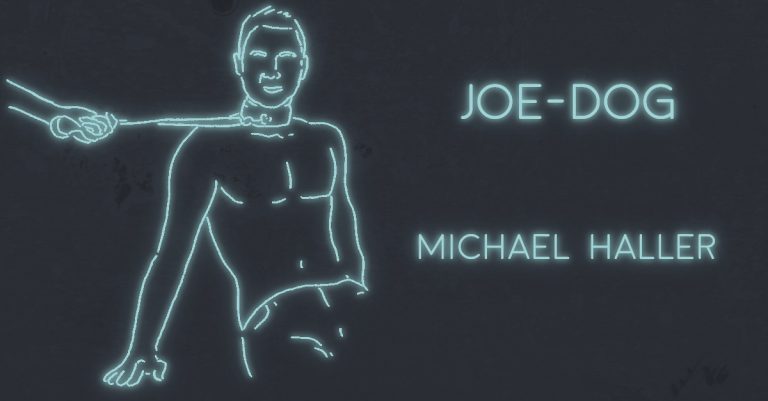
CLUTCHING by Melanie Maggard
Maybe you’re off the highway, cleaning out the deep fryer at a bowling alley in a college town in Virginia, the alleged state for lovers. You’re a boy in jeans and a Fresh Prince t-shirt, a short apron splattered with an eagle rising from a pool of blood. Townies and good ol’ boys order deep-fried chicken wings, burgers, nachos with canned cheese sauce the color of cantaloupes. They heehaw, drunk on Buds and Jim Beam, high on the split they just picked up in the last frame. You cringe with each dropped “g,” but we’re all dying, anyway. You’ve dropped

